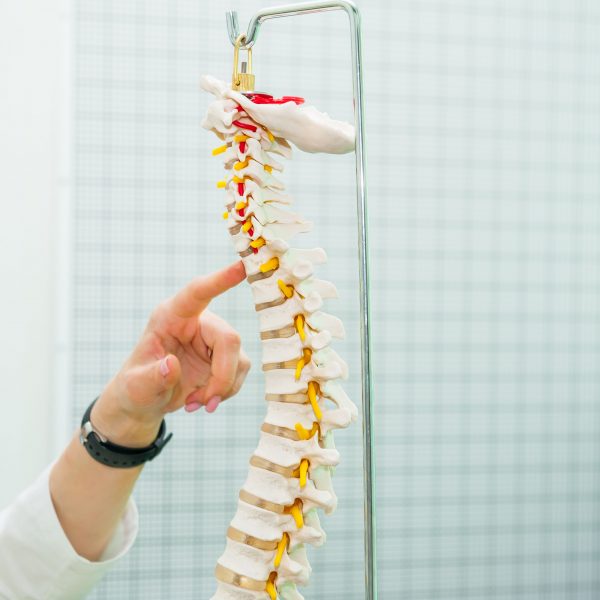Herpes is a viral infection that can affect anyone of any age, and often it appears as a sore in the mouth and the genitals. The infection is annoying and painful, and should be immediately attended to by a medical professional. There are about 417 million people that have herpes simplex virus type 2 (HSV-2) or genital herpes, while 3.7 billion have HSV-1 infection or oral herpes worldwide. Immediate treatment is critical to prevent complications, and now some clinics offer online treatment processes for herpes.
Genital herpes is a common sexually transmitted disease (STD) caused by the herpes simplex virus type 2, and the primary mode of transmission is through sexual contact. After the first infection, the body may show an initial infection, but the virus will lie dormant in the body. However, the person may have reactivations or reinfections many times a year.
While some individuals realize that they have acquired genital herpes, many still don’t. Some people can go a long time without showing any symptoms, while others are symptomatic quite quickly. To protect yourself, here are the most common signs and symptoms to watch out for.
The Initial Infection
The first episode of the infection happens within two weeks after contraction of the virus. There are many painful symptoms during this time, such as sores, ulcers, and vesicles. The lesions develop in the genital area resemble small pimples. After two to four weeks, they will fully heal.
The lesions are also itchy. Some people may feel other symptoms such as burning sensation when they urinate, pain around the genitals, and difficult urination.
Flu-like Symptoms
 Though the symptoms may seem to clear up, the virus will not stop there. After the blisters heal, the patient may experience flu-like symptoms, such as inflamed lymph nodes, fatigue, and fever. Other symptoms include chills, headache, and a general feeling of malaise.
Though the symptoms may seem to clear up, the virus will not stop there. After the blisters heal, the patient may experience flu-like symptoms, such as inflamed lymph nodes, fatigue, and fever. Other symptoms include chills, headache, and a general feeling of malaise.
Complications
If the infection is left untreated, it may lead to many complications. These include other STDs like acquired immunodeficiency syndrome(AIDS), bladder problems, meningitis, and rectal infection.
Diagnosis And Treatment
To diagnose herpes, the doctor will perform a complete physical examination and will order certain laboratory tests. The common laboratory tests ordered for genital herpes include a blood test to see the presence of the virus antibodies to detect a previous infection, a polymerase chain reaction to identify the type of HSV present in the body, and a viral culture, which needs a tissue sample from the sores.
Immediate treatment is crucial to prevent complications from occurring. Also, if the virus is caught early, you will not experience the severe pain associated with the infection, which is very important considering that the genital area is very sensitive.
The most common treatment for genital herpes may include antiviral drugs such as acyclovir and valacyclovir. These drugs will help heal the sores sooner during the first stage of infection, reduce the number of attacks, lessen the risk of transmitting the virus to other people, and lessen the severity and duration of the signs and symptoms.
Lastly, it is important to note that prevention is still the best way to protect oneself from genital herpes. As much as possible, do not engage in sexual intercourse without a condom, and keep contact to just one partner. Also, determine if your partner has many sexual partners, to prevent the transmission of the virus.






